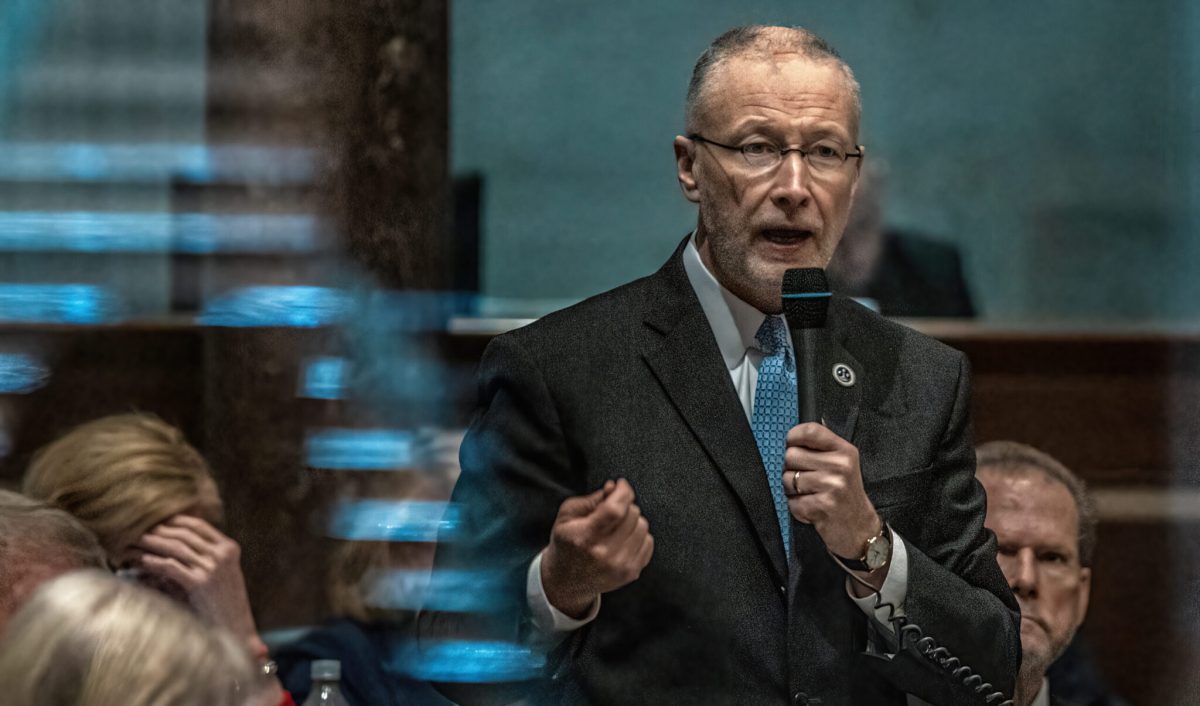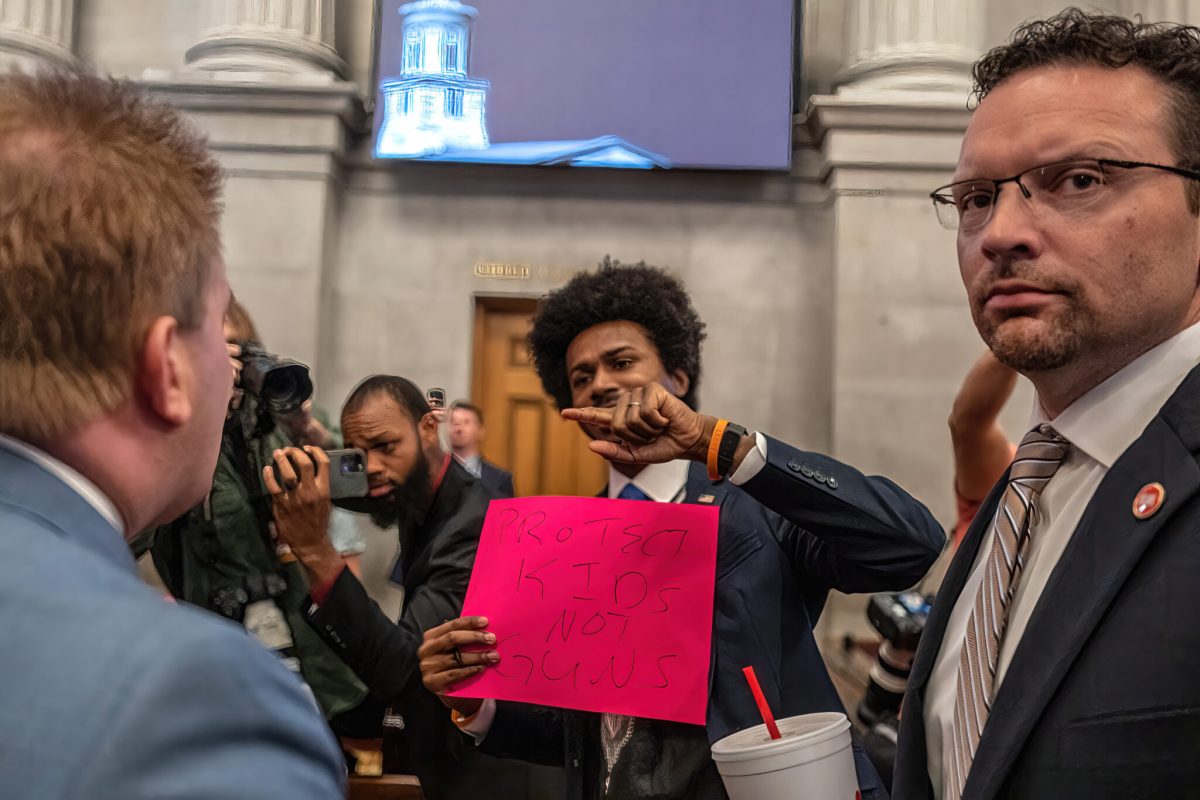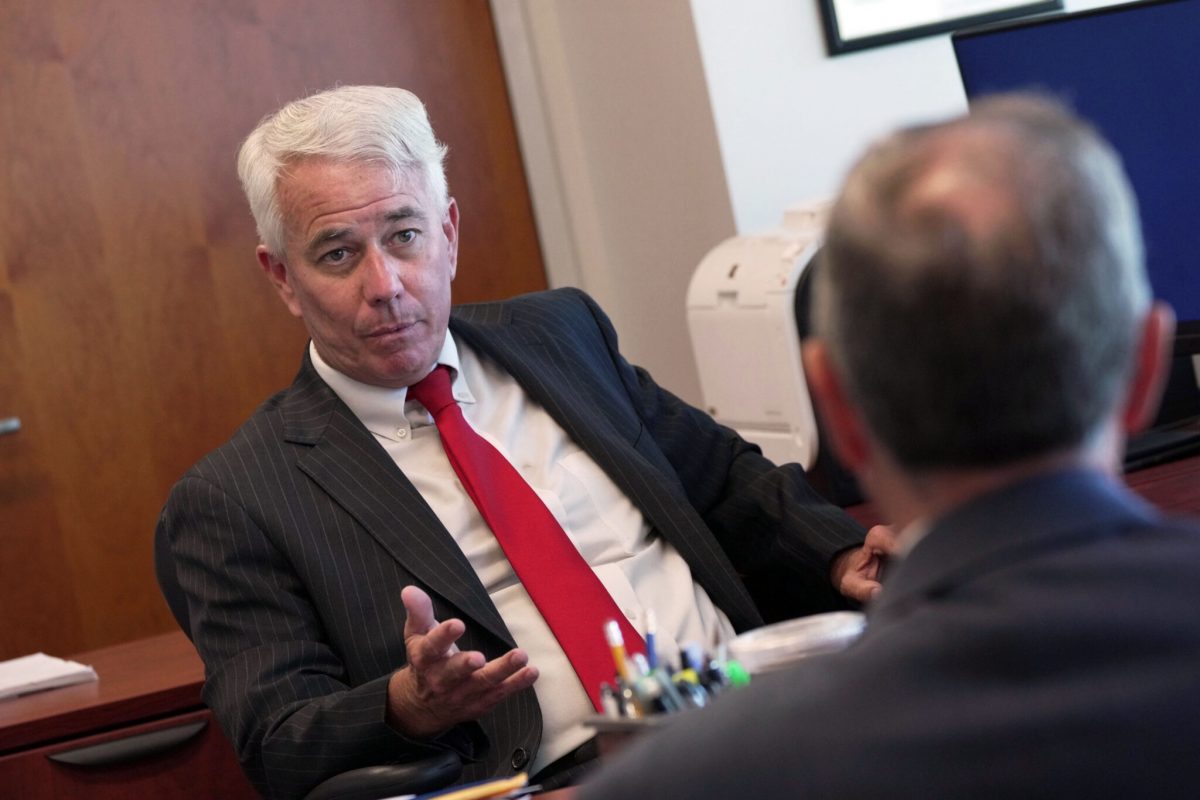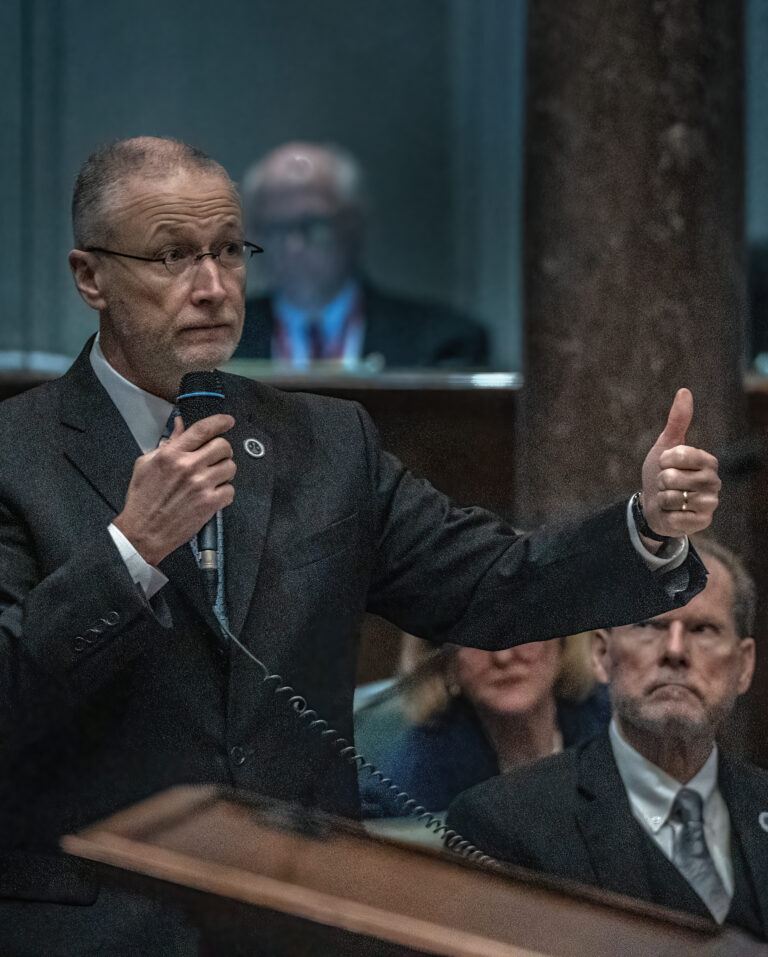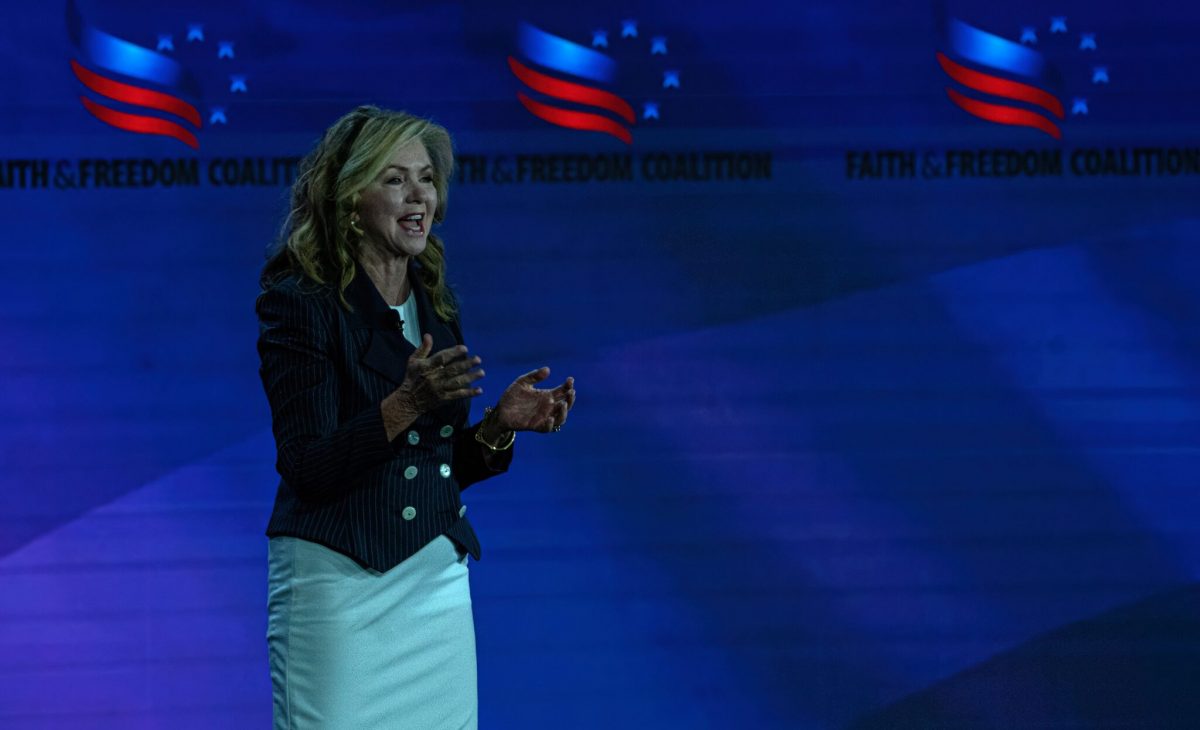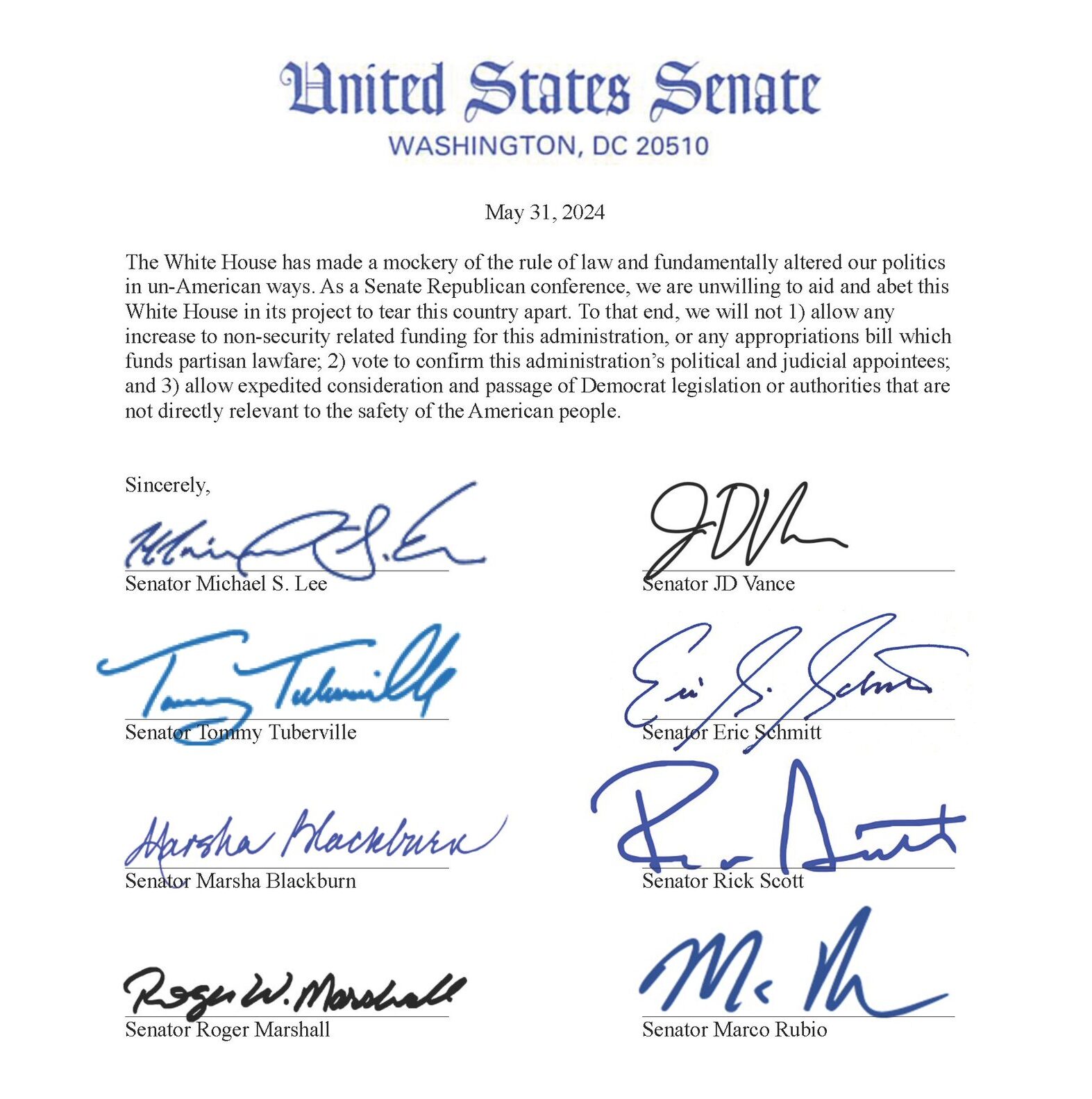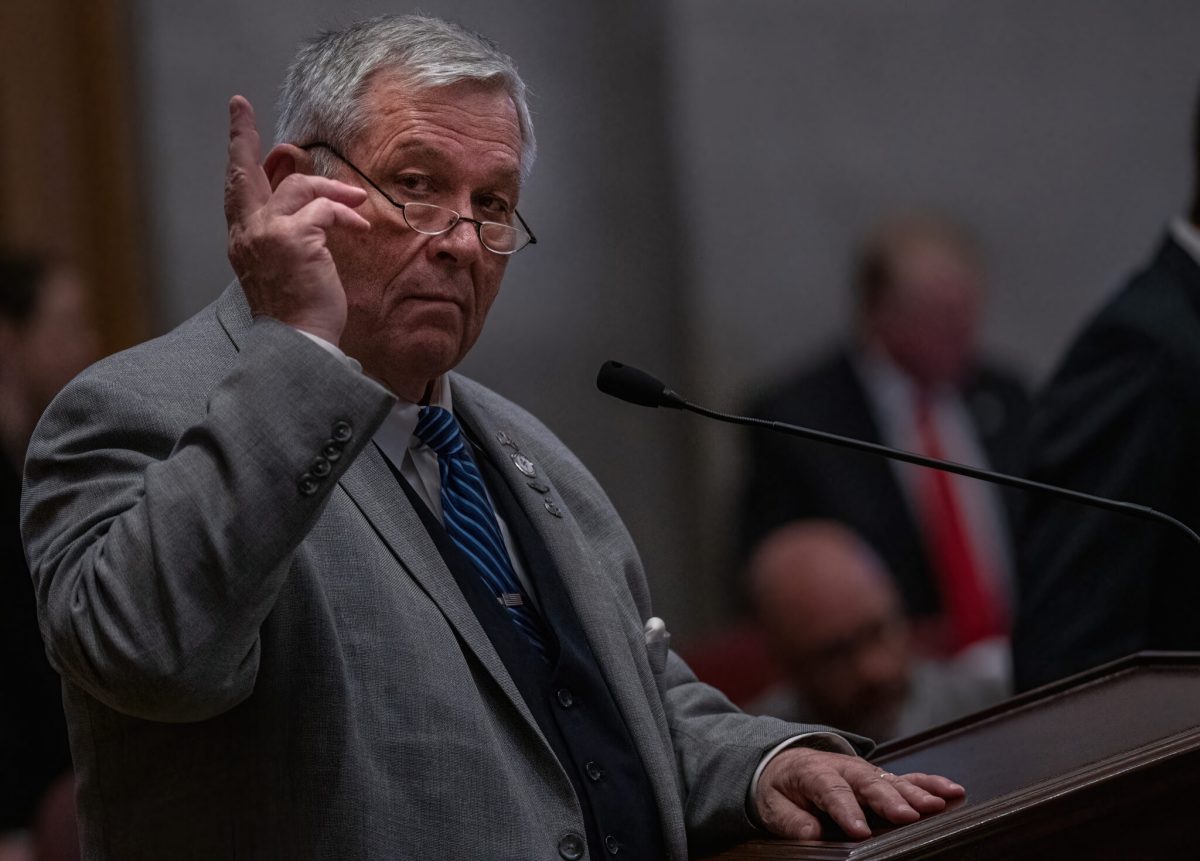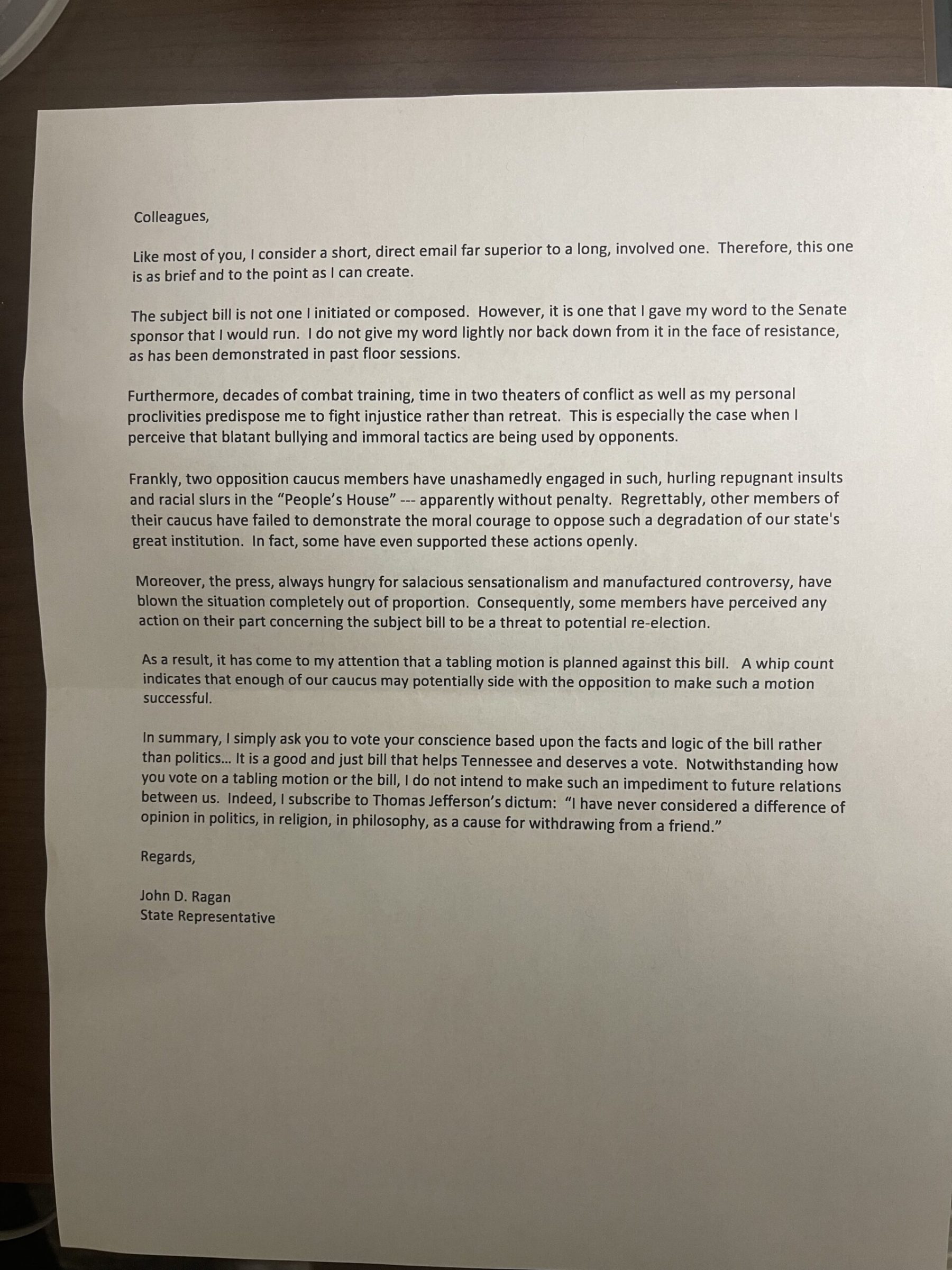Tennessee’s Attorney General is set to defend the state’s gender affirming care ban for minors in the U.S. Supreme Court Wednesday against challengers who say the 2023 law endangers children.
While attorneys for the plaintiffs claim the law violates the Constitution’s equal protection clause, Tennessee Attorney General Jonathan Skrmetti said lawmakers took “measured action” in 2023 when they prohibited gender affirming care for children to protect them from “irreversible, unproven medical procedures.”
“Lawmakers recognized that there is little to no credible evidence to justify the serious risks these procedures present to youth and joined a growing number of European countries in restricting their use on minors with gender-identity issues,” Skrmetti said in advance of oral arguments at the high court in Washington, D.C.
One of Tennessee’s main claims is that the Constitution doesn’t stop states from regulating medical practices involving “hot-button social issues.” Primarily, though, the state says the law doesn’t discriminate based on sex.
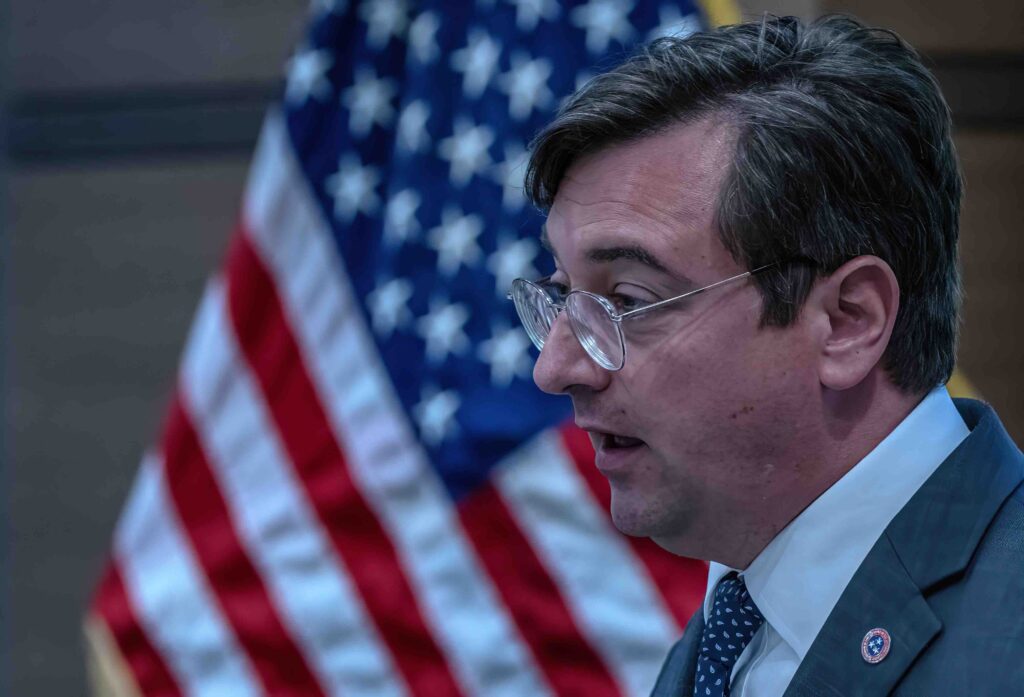
But the father leading the legal challenge against Tennessee’s law said the ban on gender affirming medical care is “an active threat” to his daughter’s future.
“It infringes not only on her freedom to be herself but on our family’s love,” the father said Monday morning in an online press conference. He said his daughter started taking puberty-blocking medications and then hormone therapy at age 13, only after nine months of conversations and consultation with experts and physicians, and is “happy and healthy” as she prepares for college.
Another father, an Ohio lobbyist who identified himself in the press conference as a Republican, said his son was near suicide in 2012 before starting the years-long process of changing sexes.
“One thing I learned was being transgender is a real thing, and if it’s a real thing, in my view, it transcends any political ideology,” the man said.
Represented by the American Civil Liberties Union, ACLU of Tennessee, Lambda Legal and Akin Gump Strauss Hauer & Feld, three families of transgender children say Tennessee’s law violates their constitutional right to equal protection under the law. Dr. Susan Lacy of Memphis is among the plaintiffs as well.
Chase Strangio, an attorney for the ACLU, said Tennessee banned hormone therapy and puberty-delaying medication for children only when prescribed to allow adolescents to live and identify with a sex “inconsistent” with their sex at birth, making it a violation of their rights.
“We are simply asking the Supreme Court to recognize that when a law treats people differently based on their sex, the same equal protection principles apply regardless of whether the group impacted by the law happens to be transgender,” Strangio said.
It’s about whether politicians can restrict access to healthcare treatments in order to impose their narrow, harmful, stereotypical view of gender.
– Sasha Buchert, Lambda Legal
Sasha Buchert of Lambda Legal said the case’s outcome will determine whether families will continue to have the freedom to make medical decisions with their doctors. Otherwise, “unqualified politicians will step into the shoes of families and medical professionals to make those decisions in ways that undermine the care, safety, and dignity of transgender youth,” Buchert said.
Buchert said the argument goes beyond access to gender affirming care, which has been restricted in 24 states, to whether the courts will uphold decades of legal precedent affirming that the state must “show its work when it chooses to discriminate on the basis of sex.”
“It’s about whether politicians can restrict access to healthcare treatments in order to impose their narrow, harmful, stereotypical view of gender,” Buchert said.
Tennessee Senate Majority Leader Jack Johnson (R-Franklin) and House Majority Leader William Lamberth (R-Portland) filed the gender affirming care ban bill in 2023 after a right-wing media outlet reported that Vanderbilt University Medical Center was providing the treatment to children. The hospital said it wasn’t performing surgeries on minors.
U.S. Sen. Marsha Blackburn headlines anti-transgender rally in Nashville
Johnson and several other lawmakers introduced the bill in a rally at the Capitol attended by hate groups. It passed the legislature largely along party lines, although three Democrats voted for it in the House.
In a brief filed with the Supreme Court, Skrmetti backed up his argument by saying European countries that pioneered gender affirming care treatment started pulling back because of concerns about safety and effectiveness. The brief said Tennessee lawmakers considered European restrictions and listened to accounts “of regret and harm” from people who switched back to their original sex.
Skrmetti’s brief says the federal government, which entered the legal battle on the side of the plaintiffs, is trying to displace Tennessee’s law “by reading its preferred policies into the Constitution.” The attorney general’s brief says Senate Bill 1 contains no sex classification and differentiates between minors seeking gender transition drugs and those seeking treatment for other medical purposes.
Plaintiffs in the case say the 6th Circuit Court of Appeals, which struck down the lower court’s decision to block the law, failed to look at the case with “heightened review,” a legal standard for evaluating constitutionality based on characteristics such as gender.
But Skrmetti’s brief says the court should decline such “doctrinal revolution” because sex isn’t a “but-for cause of SB1’s age- and used-based restrictions.”
Tennessee Lookout is part of States Newsroom, a nonprofit news network supported by grants and a coalition of donors as a 501c(3) public charity. Tennessee Lookout maintains editorial independence. Contact Editor Holly McCall for questions: info@tennesseelookout.com. Follow Tennessee Lookout on Facebook and X.



